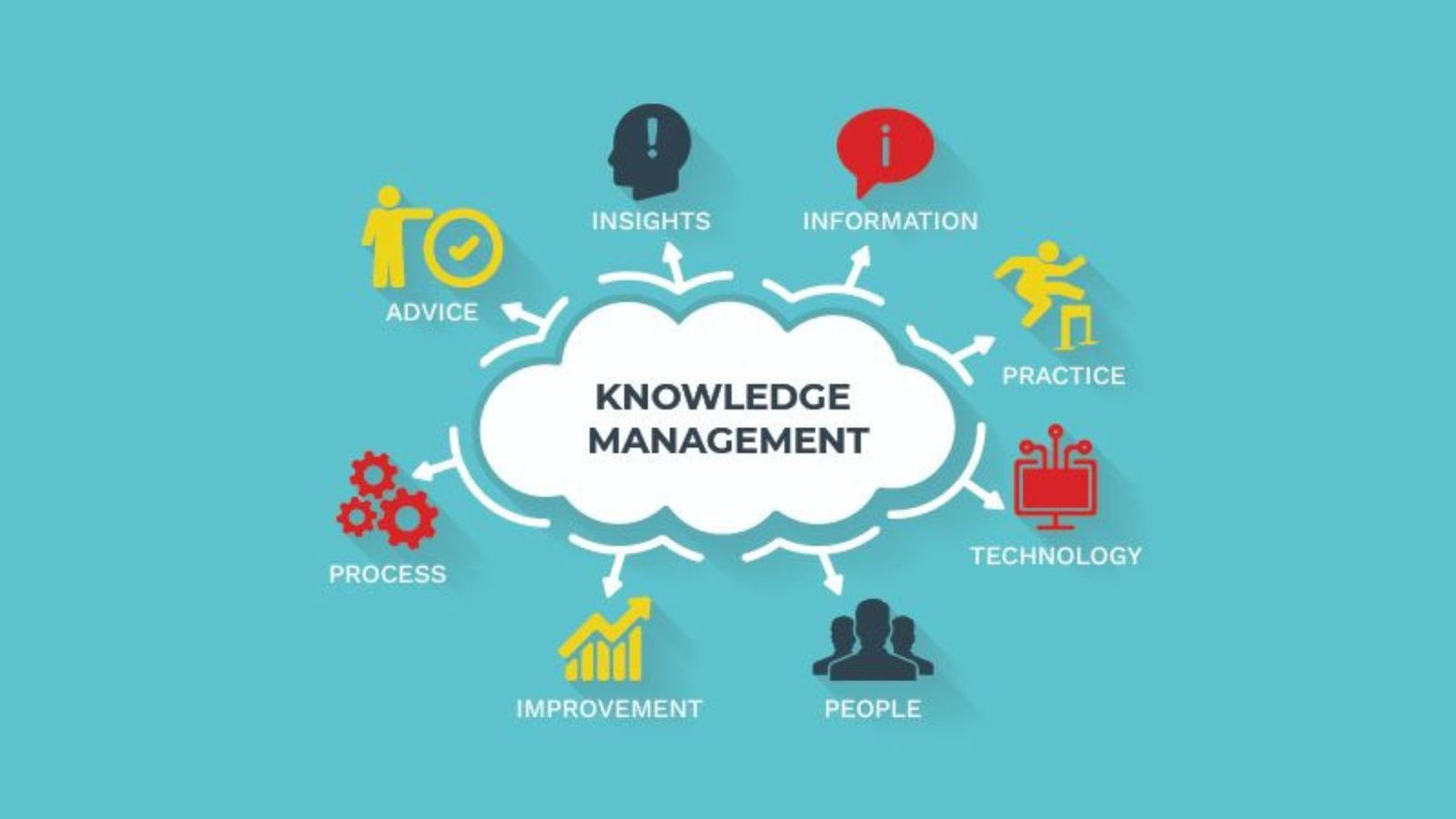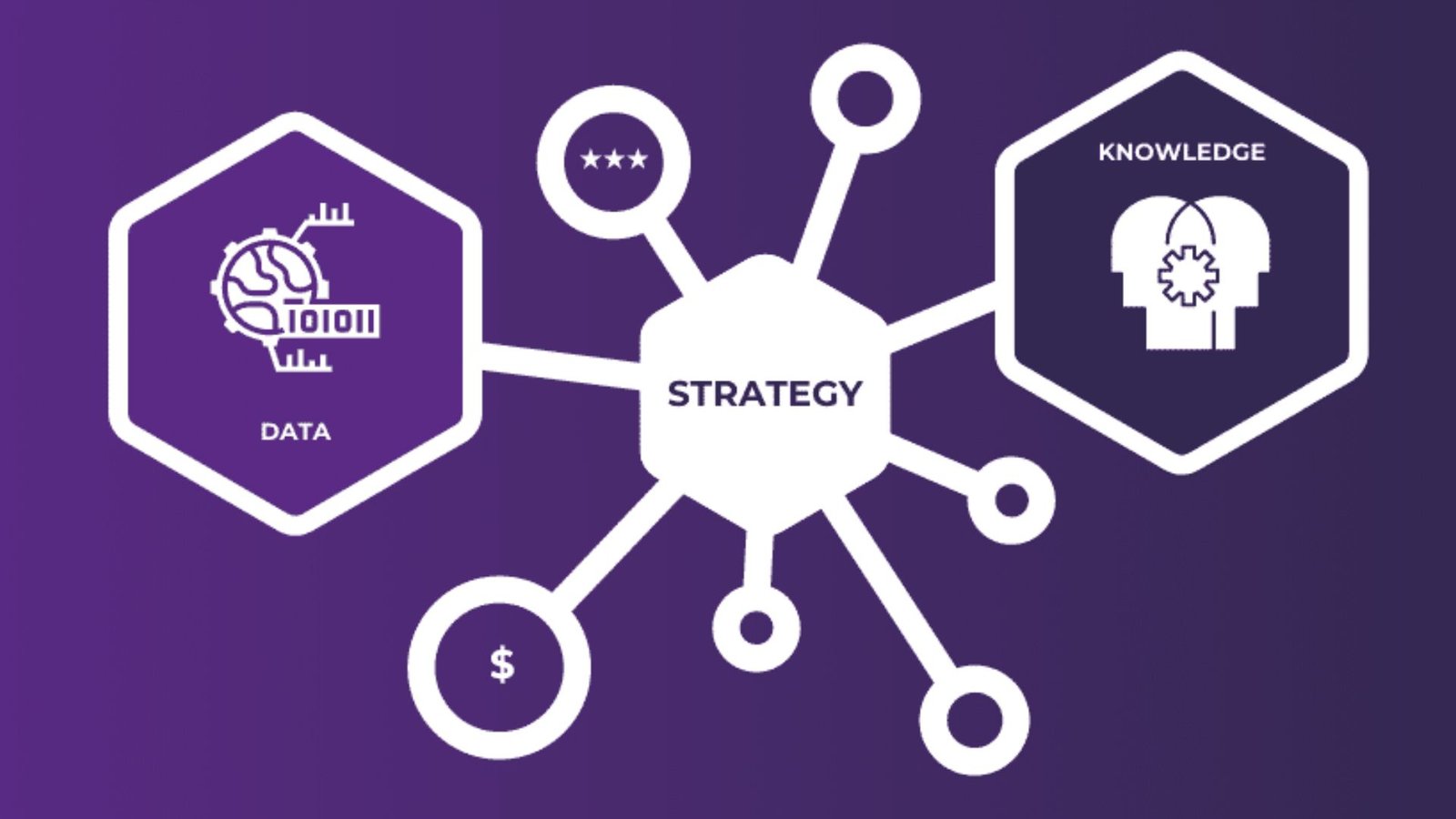Improving knowledge management in organizations is essential for success. Effective knowledge management helps teams share information, collaborate better, and innovate. In this article, we will explore practical strategies to enhance knowledge management. By implementing these strategies, your organization can become more efficient and productive.

1. Create a Knowledge Management Strategy
First, it’s important to develop a clear knowledge management strategy. Identify the goals and objectives you want to achieve. For instance, do you want to improve information sharing or enhance collaboration? By setting specific goals, you can tailor your approach to meet your organization’s needs.
2. Utilize the Right Tools
Next, choose the right tools for knowledge management. Invest in platforms that facilitate sharing and collaboration. Tools like Notion, Confluence, or Microsoft SharePoint can help centralize information. These tools allow team members to create, share, and access knowledge easily. Additionally, ensure that everyone in the organization is trained to use these tools effectively.
3. Foster a Knowledge-Sharing Culture
Encouraging a culture of knowledge sharing is crucial. Promote open communication among team members. Encourage employees to share their expertise and experiences. Recognize and reward those who contribute to knowledge sharing. When employees feel valued for their input, they are more likely to share their knowledge with others.
4. Provide Training and Development
Training is vital for improving knowledge management. Offer regular training sessions to help employees develop their skills. Focus on areas like effective communication, collaboration, and using knowledge management tools. When employees feel confident in their abilities, they are more likely to share knowledge and collaborate with others.
5. Organize Knowledge Effectively
To improve knowledge management, organize information clearly. Create categories and tags for documents, making it easier to find relevant information. Implement a structured approach for storing knowledge, such as using a centralized repository. This organization helps employees quickly locate the information they need, saving time and increasing efficiency.
6. Encourage Collaboration
Encouraging collaboration among teams is essential. Create opportunities for employees to work together on projects. Use collaborative tools like Miro or Trello to facilitate teamwork. By working together, employees can share knowledge and learn from each other. This collaboration fosters a sense of community and drives innovation.
7. Measure and Evaluate
Finally, regularly measure and evaluate your knowledge management efforts. Collect feedback from employees about the tools and processes in place. Assess whether the goals set in your strategy are being met. Use this information to make necessary adjustments and improvements. Continuous evaluation helps ensure that your knowledge management practices remain effective.
Conclusion
In conclusion, improving knowledge management in organizations is vital for success. By creating a clear strategy, utilizing the right tools, fostering a knowledge-sharing culture, providing training, organizing knowledge effectively, encouraging collaboration, and measuring progress, your organization can thrive. Implement these strategies to enhance knowledge management and unlock your organization’s full potential!










